
China Broadens State Secrets Law, Introduces ‘Work Secrets’ Provision
Former Foreign Minister Qin Gang Stripped of Parliamentary Role
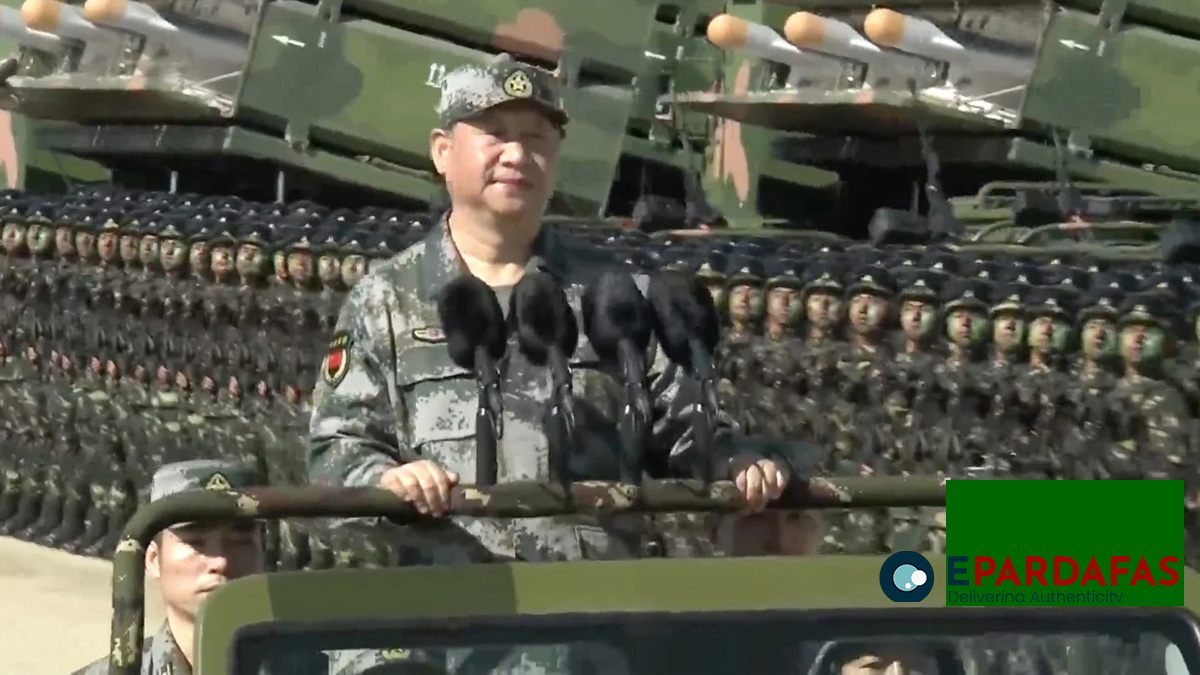
China on Tuesday passed a legal change that broadens the scope for classifying “secrets,” as the government moves to shore up national security.
The National People’s Congress Standing Committee, China’s top legislative body, adopted a revised Law on Guarding State Secrets that was immediately endorsed by President Xi Jinping, according to official news agency Xinhua.
The revised law aims to do a “good job” of safeguarding sensitive information, according to NPC Chairman Zhao Leji, improving upon existing clauses passed in a previous revision in 2010.
Among the new additions that have “raised eyebrows” according to NPC Observer, a website the monitors China’s legislature, is a provision that requires official entities to designate as “work secrets” any matters that are not technically state secrets but could nevertheless affect national security or the public interest if leaked.
The rule, due to take effect May 1, is likely to create new uncertainty for foreign businesses in China, which already face a growing compliance burden. It comes as foreign direct investment in China has sunk to a 30-year low amid tightening national security laws and U.S. sanctions.
China has imposed a string of national security-related legislation in recent years as Xi has strengthened his grip on power. The president has warned that the country must grapple with “profound changes unseen in a century.”
Tuesday’s meeting also approved personnel changes and the agenda for the annual parliamentary session starting March 5. Xinhua’s report did not elaborate, other than to note that former Foreign Minister Qin Gang was on a list of lawmakers who were stripped of their parliamentary appointments.
Qin was suddenly dropped from the foreign minister’s role in July last year, after merely four months on the job. Like many official personnel changes, no explanation was given as veteran diplomat Wang Yi was recalled replacing him.
Input from Nikkei Asia
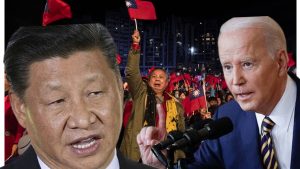
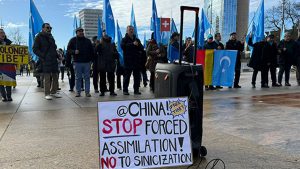


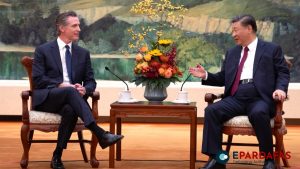
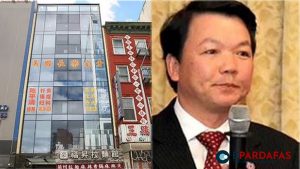





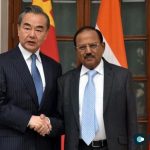
Comments